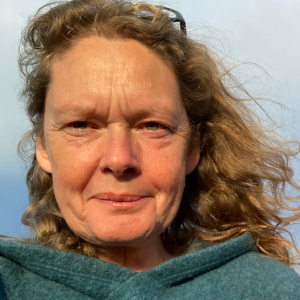Have you ever wondered how later and later perspectives would view dementia?
Bettina Wichers M.Sc. and Terri O’Fallon Ph.D. developed a research project that asks this question. By bringing together Terri’s research on STAGES and Bettina’s research and practical experience in diagnostics and dementia counseling, this inquiry comes to a more in-depth perspective of how people perceive and understand dementia.
They embedded 6 new sentence starters related to dementia In the general STAGES Sentence completion test. Then 20 people took the new “Dementia Inventory”. Their responses were scored and sent to a statistician to do a Crombach’s Alpha statistic to ensure reliability and internal consistency.
Next they took all of the responses to the six dementia completions and looked at each developmental response to unfold a trajectory of different views towards Dementia.
We will present our findings at the IEC for the first time, giving a first insight into possible practical implications out of this research.

